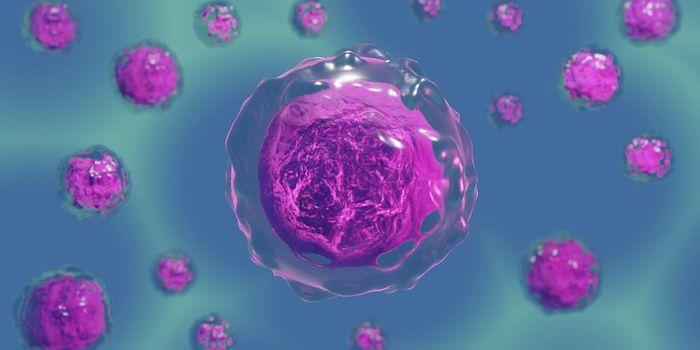Tiny non-coding RNA molecules are now being marshaled against breast cancer. In a recent report, scientists at the Massachusetts Institute of Technology found that microRNAs, in conjunction with chemotherapy, can
prevent breast cancer from metastasizing.

Since their discovery in the early 1990s and 2000s, microRNAs have been implicated in a variety of human conditions, including cancer. These molecules are short nucleotide sequences that can silence gene expression.
But while some scientists are uncovering how microRNAs cause cancer, MIT researchers are exploiting microRNAs to treat cancer. In particular, the main premise is to use microRNAs to shut down genes that enable cancer metastasis, which is one of the biggest challenges facing current available cancer treatments.
"The idea is that if the cancer is diagnosed early enough, then in addition to treating the primary tumor [with chemotherapy], one could also treat with specific microRNAs, in order to prevent the spread of cancer cells that cause metastasis," said Natalie Artzi, professor at MIT who led the research team.
To find the microRNA involved in breast cancer progression, the MIT team, led by Artzi, began by crunching three different bioinformatics datasets. They honed in on 2 specific microRNAs that seemed to intersect with breast cancer progression: miR-96 and miR-182. These two microRNAs appear to regulate the expression of the Palladin protein, which acts to promote cancer migration.
"Previous research had discussed the role of Palladin in controlling migration and invasion (of cancer cells), but no one had tried to use microRNAs to silence those specific targets and prevent metastasis," Artzi says.
The team tested the microRNAs in cells. When cancer cells were treated with miR-96 and miR-182, Palladin levels decreased. Subsequently, the cells’ ability to migrate and invade were also reduced.
"In this way we were able to pinpoint the critical role of these microRNAs in stopping the spread of breast cancer,” Artzi said. Her team then went on to design nanoparticles that contained these microRNAs, which facilitated the delivery and the targeting of these molecules to the source of the tumor. "We can locally change the cells in order to prevent metastasis from occurring," she said.
Furthermore, they found that the microRNA nanoparticles augmented the outcome when given in conjunction with chemotherapy. In combination, the treatment seemed to shrink the primary tumor as well as reduce metastasis rate.
"We believe local delivery is much more effective (than systemic treatment), because it gives us a much higher effective dose of the cargo, in this case the two microRNAs and the cisplatin," said Artzi. "We are very excited about the results so far, and the efficacy seems to be really good. So the next step will be to move on to larger models and then to clinical trials, although there is still a long way to go."
Additional source:
MIT









